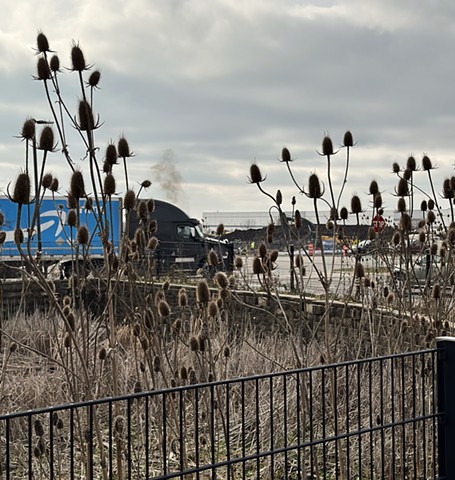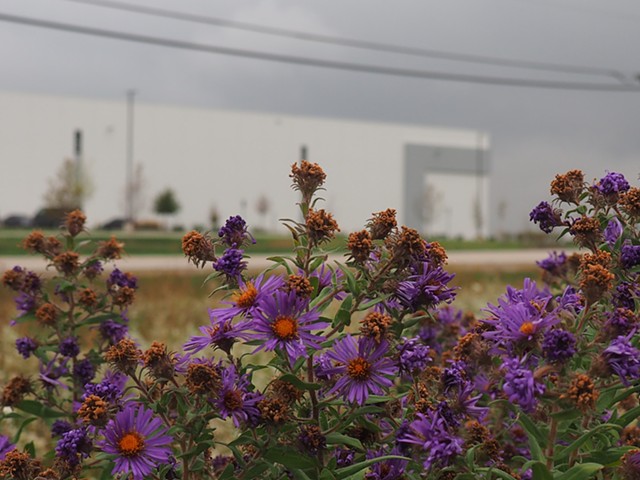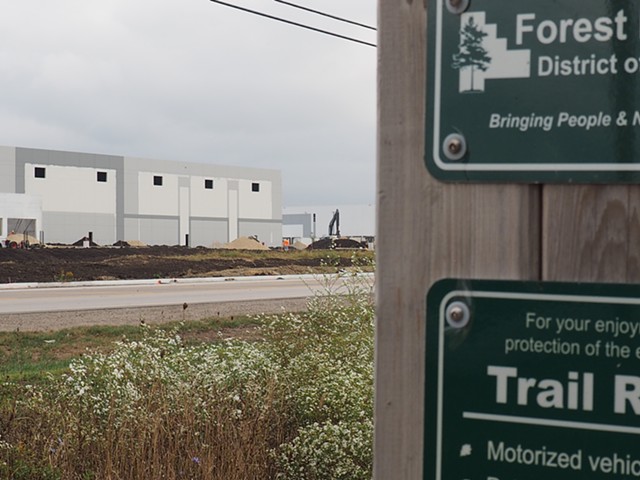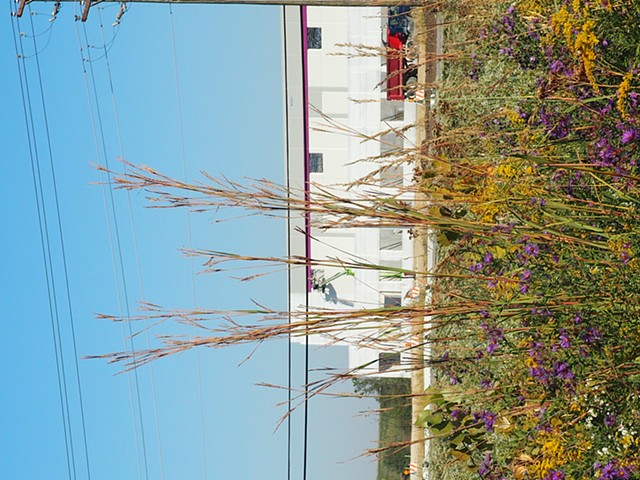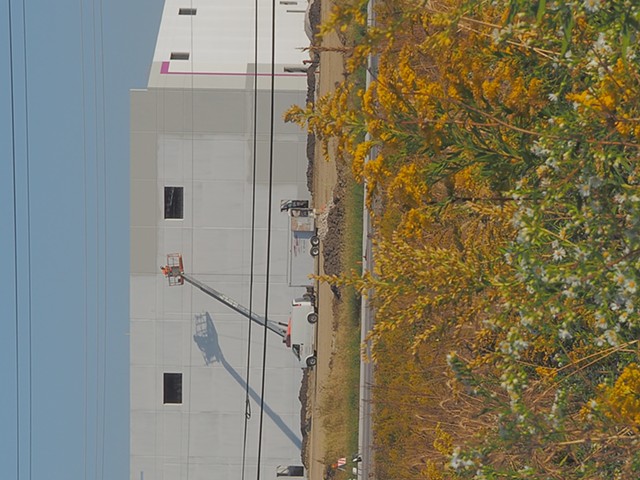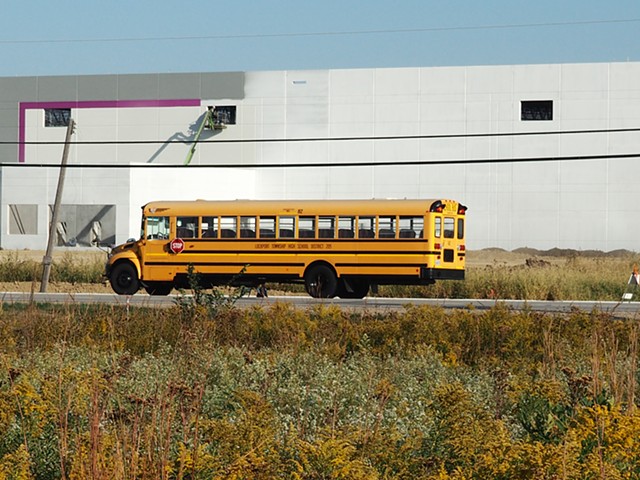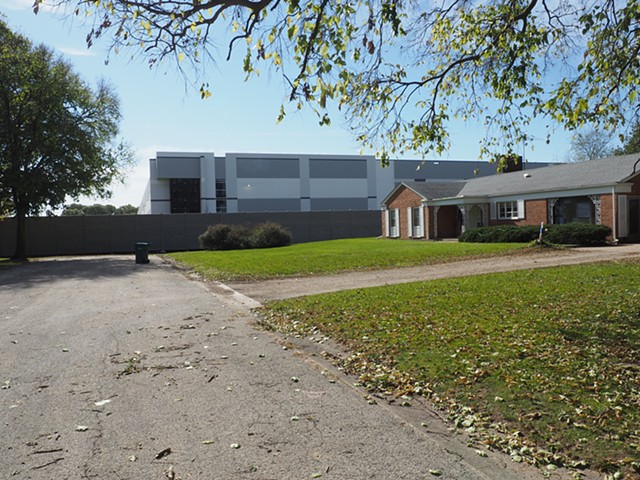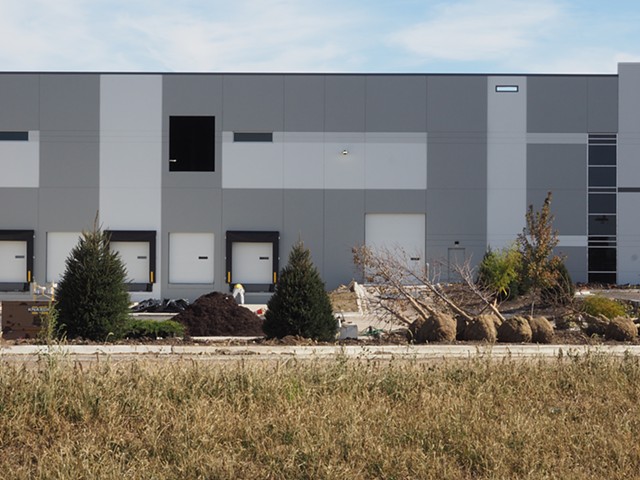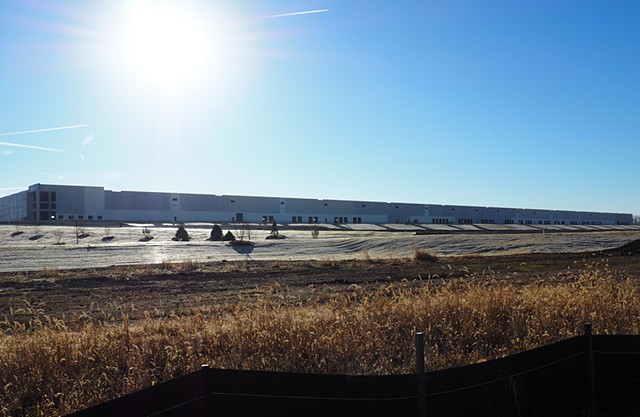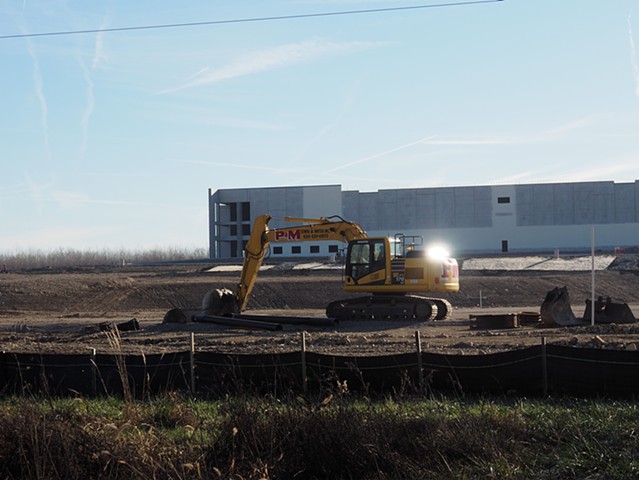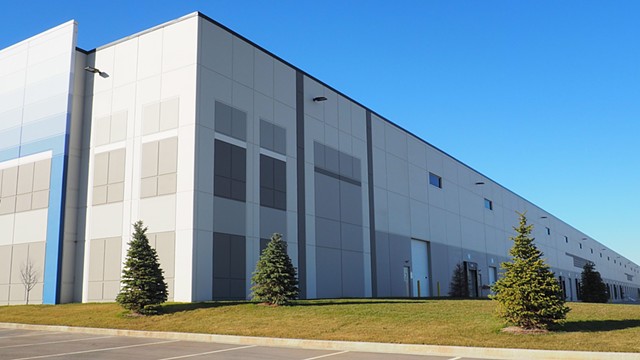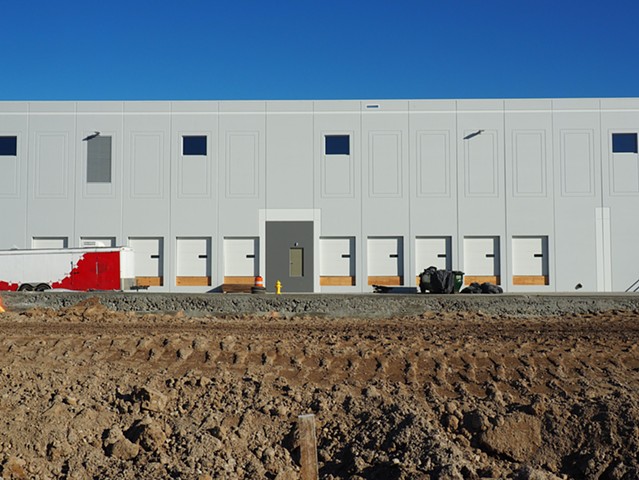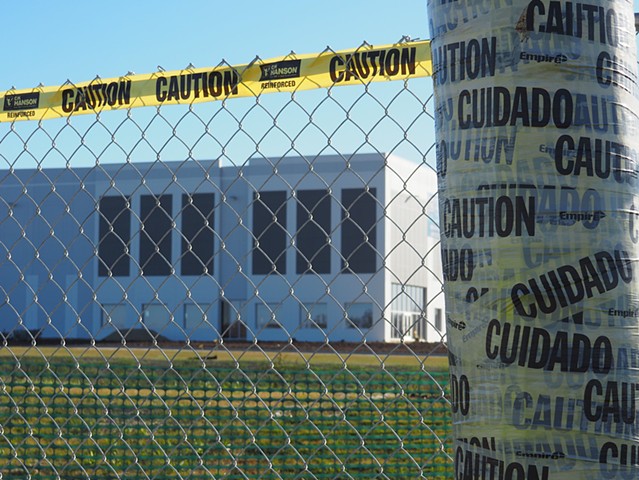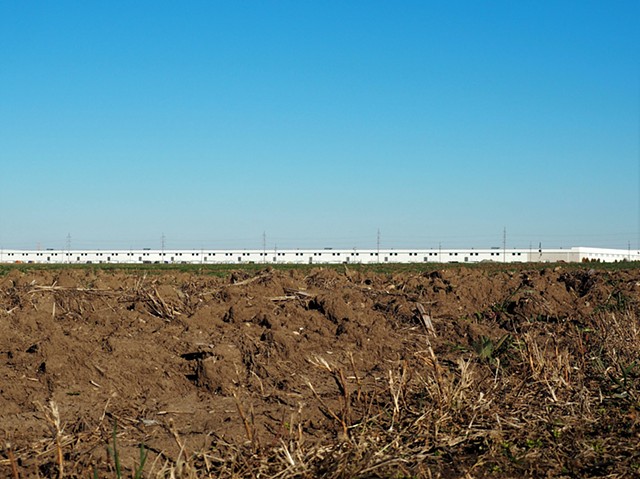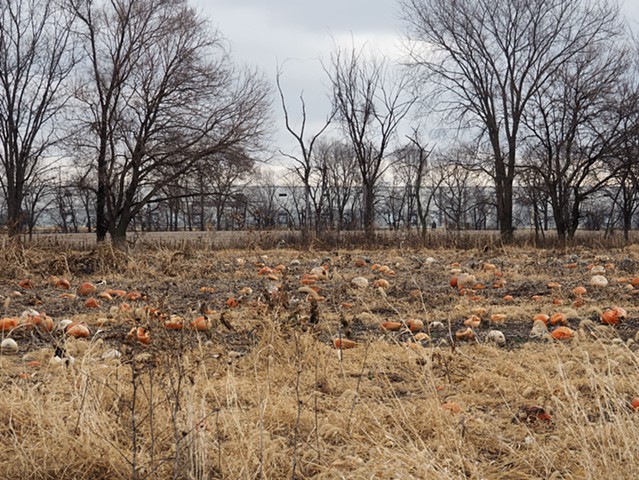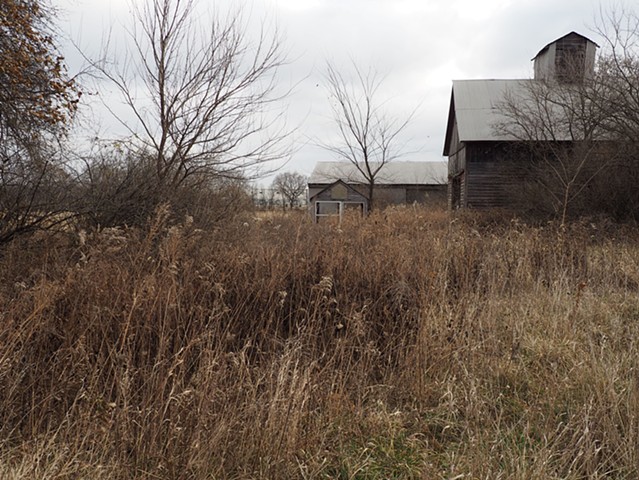Warehouse/Holding Freight
Yes...warehouses are somehow connected to the Looking for Arete project...but I do not yet know precisely how! Right now, all I know is that warehouses carry an immense weight, visually and conceptually, so I'm continuing to pay attention to them. I'm finally beginning to see glimmers of how they'll inform the artwork I'm making. Future Patreon postings will share ruminations about this rather strange 'warehouse connection'.
Below is the statement I wrote in 2018, a year into my photography project Warehouse/Holding Freight, and a sampling of the hundreds of photographs I have taken of warehouses since 2017.
When I relocated to Joliet in 2009, the freight industry was already firmly established here. Because of its geography and proximity to Chicago, the movement of goods has shaped this area for a very long time. But massive changes in shipping and freight distribution have occurred over the last decade. Thanks to large intermodal projects, the region is now considered to be the nation’s largest inland port.
This growth has had immense impact on the area’s physical environment. Where I live, massive warehouses now dominate the landscape, and trucks proliferate the roads and highways. In Will County alone, there are over 300 warehouses. Along the I-80 and I-55 interstate corridors, the number of trucks on the road is equally staggering.
On a personal level, bearing witness to these changes has not been easy. This place is where I live, but with every new warehouse that is built, I become more resistant to calling it home. I fully recognize this reaction manifests itself because of my personal history, my outlook, my viewpoints, my aesthetic partialities and aversions.
But I also clearly recognize this:
An industrial complex—no matter its shape or form—is never the same thing as a community.




